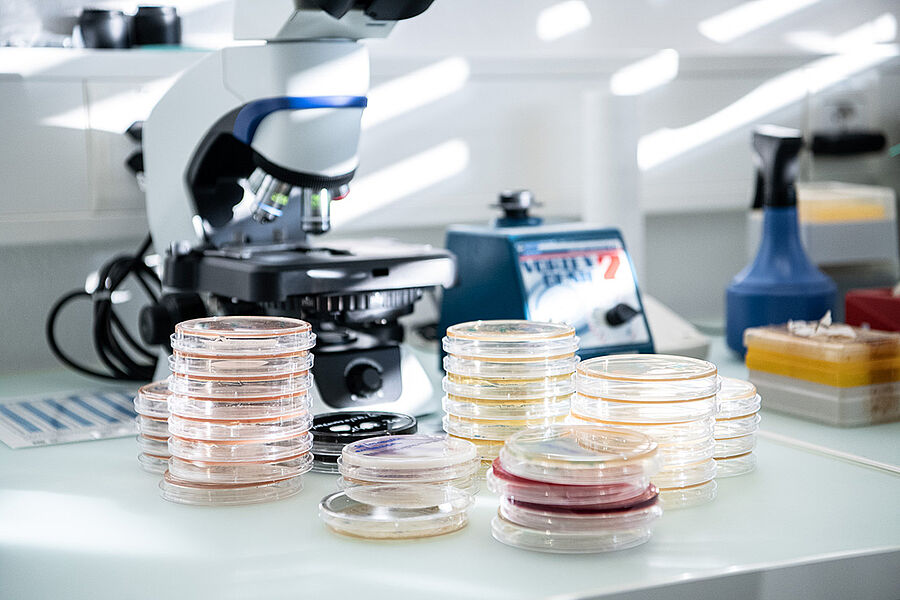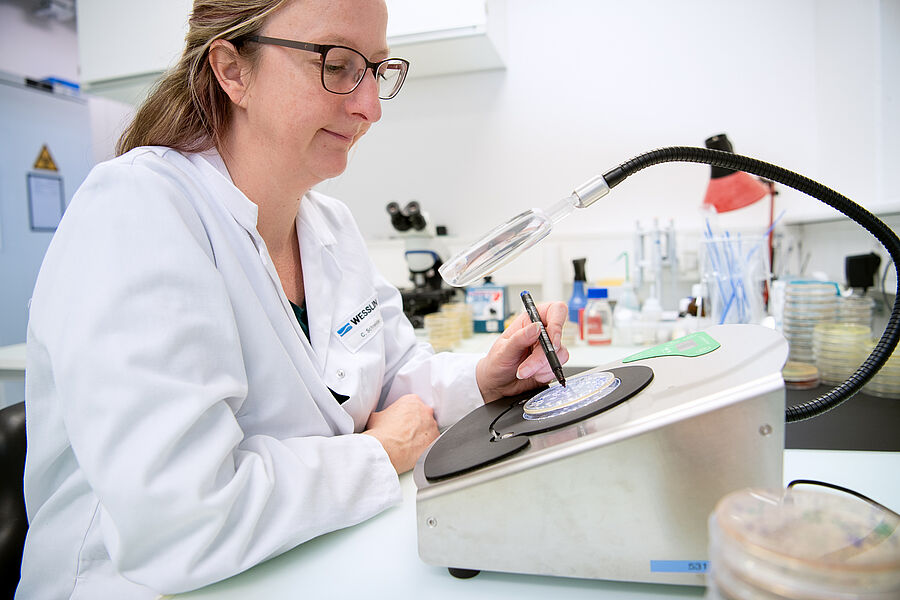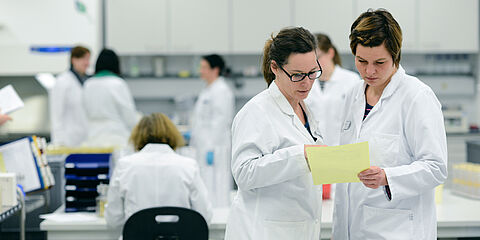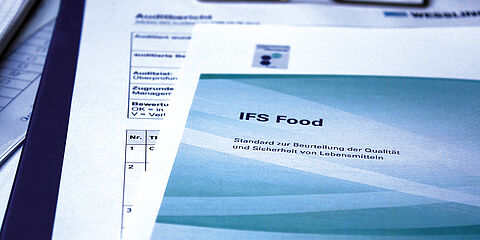Amendments to the zoonosis regulation bring new obligations for food business operators
The Fourth Ordinance on the amendment of regulations for the implementation of Community legislation on food hygiene was published in the Federal Law Gazette of 29 June, 2020. It thereby immediately came into force.
This also results in amendments to the German ordinance laying down food law provisions on the monitoring of zoonoses and zoonotic agents, known as ZoonoseV. The ordinance specifies the food law measures that food producers and retailers must take to ensure that zoonoses and zoonotic agents are detected at an early stage. This serves as a basis for evaluating their origin and incidence trends.
What has changed for food companies

According to § 3 Para. 1 Nos. 1-3, ZoonoseV no longer applies only to food inspections that are part of monitoring in accordance with Article 3 Para. 1 of Regulation (EC) No. 2073/2005 or other in-house monitoring.
The following additional points are now also specified:
- Detection of Listeria monocytogenes in food product residues and smear liquid for cheese making in the manufacture and processing of ready-to-eat foods
- Detection of Listeria monocytogenes in environmental and surface samples in accordance with Article 5 Para. 2 Subparas. 1 and 2 of Regulation (EC) No. 2073/2005, including tests to check the effectiveness of cleaning and disinfection, especially of work surfaces, pipe systems and transport containers that come into contact with ready-to-eat foods in accordance with Article 2 g of Regulation (EC) No. 2073/2005.
For this purpose, retained samples of the sample material must where possible be prepared and kept in a suitable manner until the test results are available.
If zoonotic agents are detected in the above-mentioned samples, food business operators must observe the following requirements:

- The test results must be communicated to the competent authority as soon as they are available.
- Where possible, isolates of the zoonotic pathogens detected must be prepared from a culture of the pathogen.
- The retained samples of the sample material and isolates must be kept in a suitable manner for a period to be specified by the competent authority, but no longer than three months, and submitted to the competent authority on request.
Food safety consulting and analysis
WESSLING experts will support you with laboratory analysis and advice. In our state-of-the-art, high-performance laboratories, WESSLING uses recognised test methods to test for a variety of pathogenic microorganisms, including Listeria monocytogenes.
Our experts will be happy to provide you with neutral and independent advice on your individual questions.
Your contact to amendments to the zoonosis regulation
- Christina Witt
- +49 2505 89-633
- food@wessling.de




